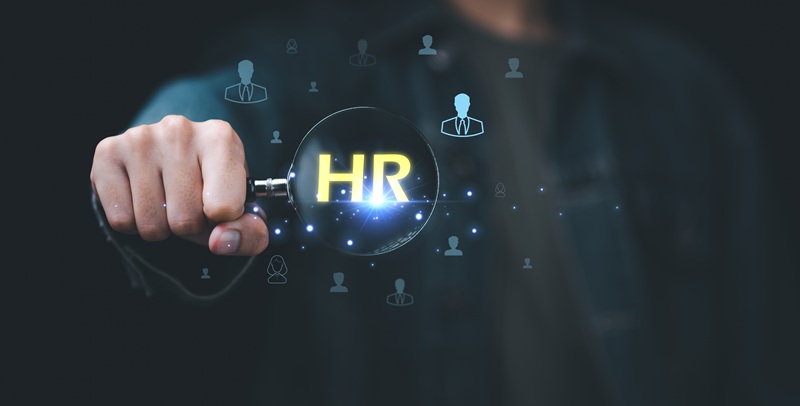In the dynamic landscape of global workforce management, human resources (HR) are increasingly reliant on advanced technology and inclusive practices to navigate contemporary challenges. The integration of artificial intelligence (AI) and machine learning in HR processes is fundamentally transforming how companies recruit, engage, and manage talent. These cutting-edge technologies streamline the recruitment process by automating routine tasks and providing data-driven insights that enhance decision-making. Furthermore, AI-driven analytics offer valuable insights into employee engagement, helping HR teams to tailor initiatives that meet diverse workforce needs.
At the same time, fostering an inclusive workplace culture has become paramount. Companies are recognizing that diversity and inclusion (D&I) are not just ethical imperatives but also key drivers of organizational success. Diverse teams bring varied perspectives, leading to more innovative solutions and improved problem-solving capabilities. Therefore, businesses are increasingly prioritizing D&I initiatives to create equitable work environments where every employee feels valued and empowered.
Additionally, the COVID-19 pandemic has revolutionized work models, accelerating the adoption of remote and hybrid work arrangements. Organizations are now tasked with the challenge of maintaining productivity and ensuring employee well-being while managing decentralized teams. This shift requires new strategies and tools to facilitate effective communication, collaboration, and performance management in a remote setting.
Moreover, ongoing challenges such as employee retention and upskilling are central to HR strategies in this evolving market. Continuous learning and development programs are essential to keeping the workforce competitive and adaptable to rapid technological changes. As organizations strive to stay ahead, these programs help employees acquire new skills and advance their careers, thereby contributing to overall organizational growth.
In conclusion, the future of HR management is being shaped by the synergy of technological innovation and inclusive practices. The adoption of AI and machine learning, coupled with a strong focus on D&I, enables companies to efficiently manage their workforce while fostering a culture of belonging and respect. By embracing these trends, organizations can navigate the complexities of modern workforce management and build resilient, high-performing teams.

